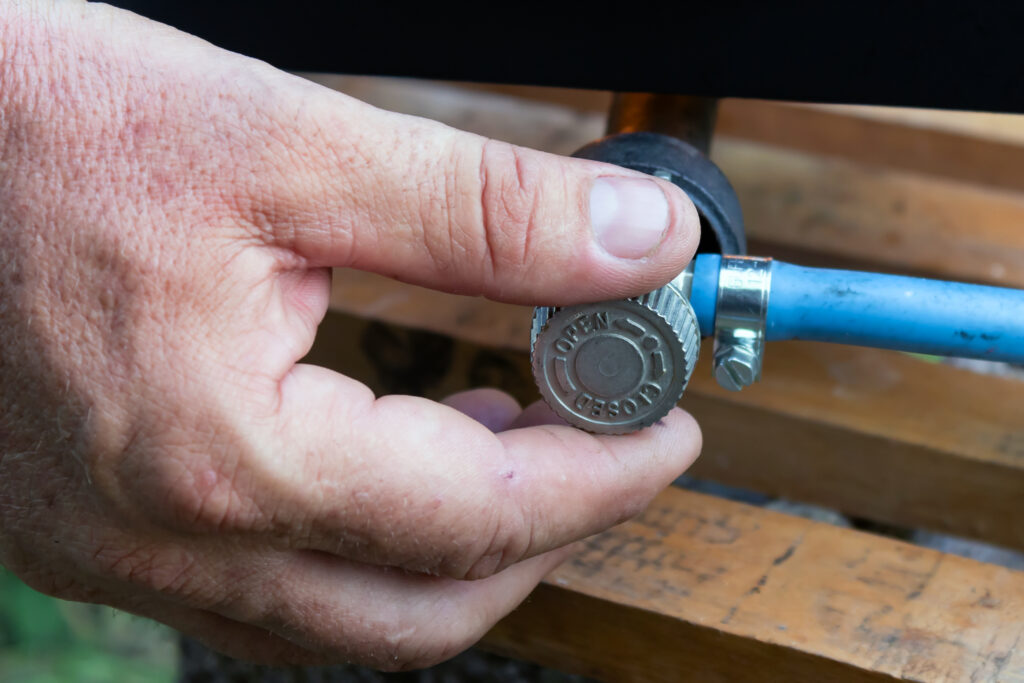
Gas lines are vital in many homes, delivering natural gas or propane to fuel heaters, stoves, fireplaces, and other essential appliances. With winter fast approaching, it’s only natural to wonder if your gas lines are at risk of freezing in the extreme cold.
In this blog post, the professionals at Universe Home Services discuss whether gas lines can freeze and what you can do to keep your home safe and warm this winter.
Is It Possible for Gas Lines to Freeze?
Simply put, gas lines can freeze under specific conditions, especially in cold climates like Long Island.
Can A Propane Line Freeze?
Both natural gas and propane gas lines are susceptible to freezing; however, the risk is typically greater for propane. This is because propane liquefies at a higher temperature than natural gas, making it more vulnerable to issues in extreme cold.
For natural gas, freezing is less common since it’s typically delivered in a gaseous state and doesn’t liquefy in most winter temperatures. However, if moisture builds up in the gas lines, it can freeze, leading to blockages. On the other hand, propane can freeze if the tank and lines are exposed to frigid temperatures, leading to pressure drops that make it difficult for gas to reach your appliances.
What to Do If You Gas Line Freezes
If you detect a frozen gas line in your home, it’s important to act quickly and carefully to address the issue. Here’s what to do:
- Check the tank pressure: If you rely on propane and notice low pressure, you could have a frozen line.
- Avoid tampering with lines: While it may be tempting to apply heat or tamper with the tank, this can cause damage to your gas lines.
- Contact a plumbing expert: Working with gas lines requires specialized knowledge, and attempting DIY repairs can be dangerous. Contact our team for emergency plumbing services to safely and efficiently restore your gas lines.
How to Prevent Gas Lines from Freezing
The best approach to frozen gas lines is prevention. Here are a few effective strategies to protect your gas lines from freezing this winter:
- Insulate gas lines: Add insulation around gas lines to protect them from freezing temperatures, particularly for outdoor lines or lines in exposed areas.
- Fill propane tanks: Ensure your propane tank is full, as fuller tanks create higher pressure, minimizing the risk of having your gas lines freeze.
- Use gas line heaters: In cold regions like Long Island, installing a gas line heater can be an effective solution, as these devices provide gentle heat to prevent freezing.
- Schedule regular system maintenance: Scheduling routine inspections can help identify vulnerabilities in your gas lines before they become major problems.
Schedule a Gas Line Repair
Frozen gas lines aren’t only inconvenient; they can also pose safety risks. By staying proactive, you can prevent gas line freezing and enjoy a warm, comfortable home all winter. At Universe Home Services, we’re proud to offer 24-hour gas line repairs throughout the heating season to ensure your home remains safe and comfortable on the coldest days. With over 70 years of service experience, we’re uniquely capable of addressing gas line issues in local properties.
Request same-day gas line repair by contacting our team today.